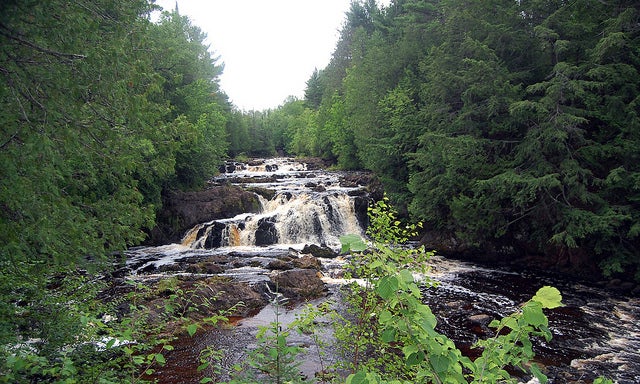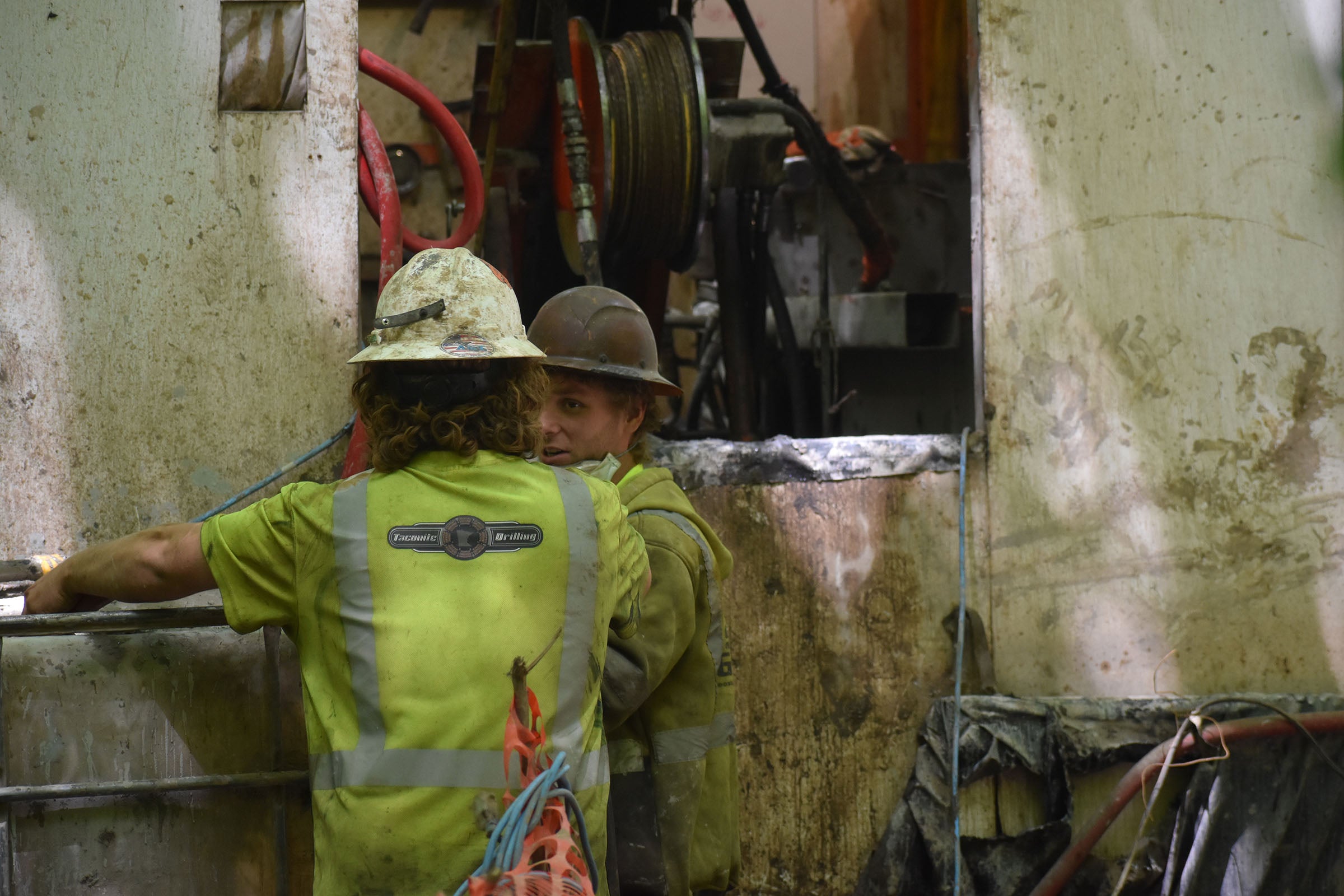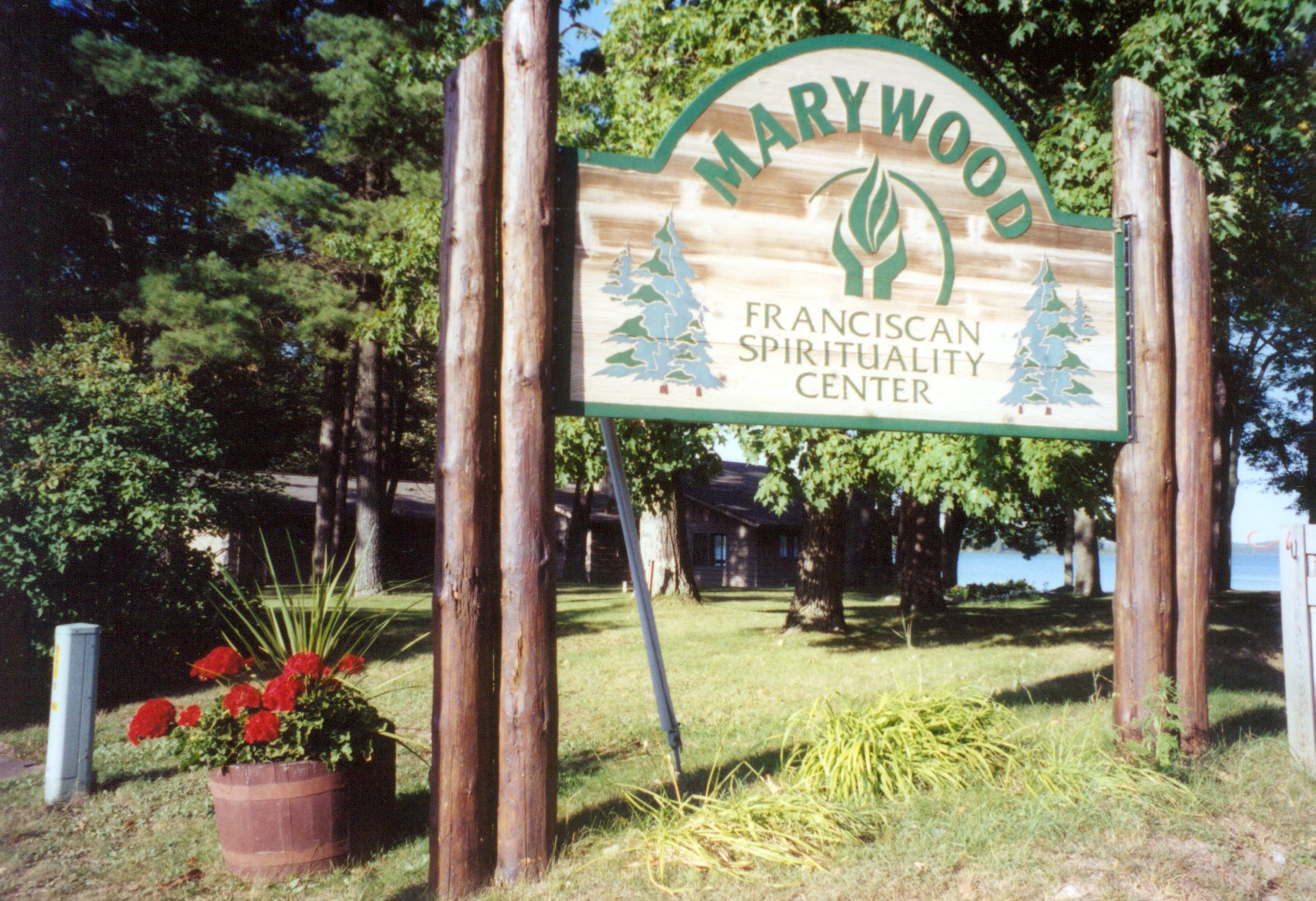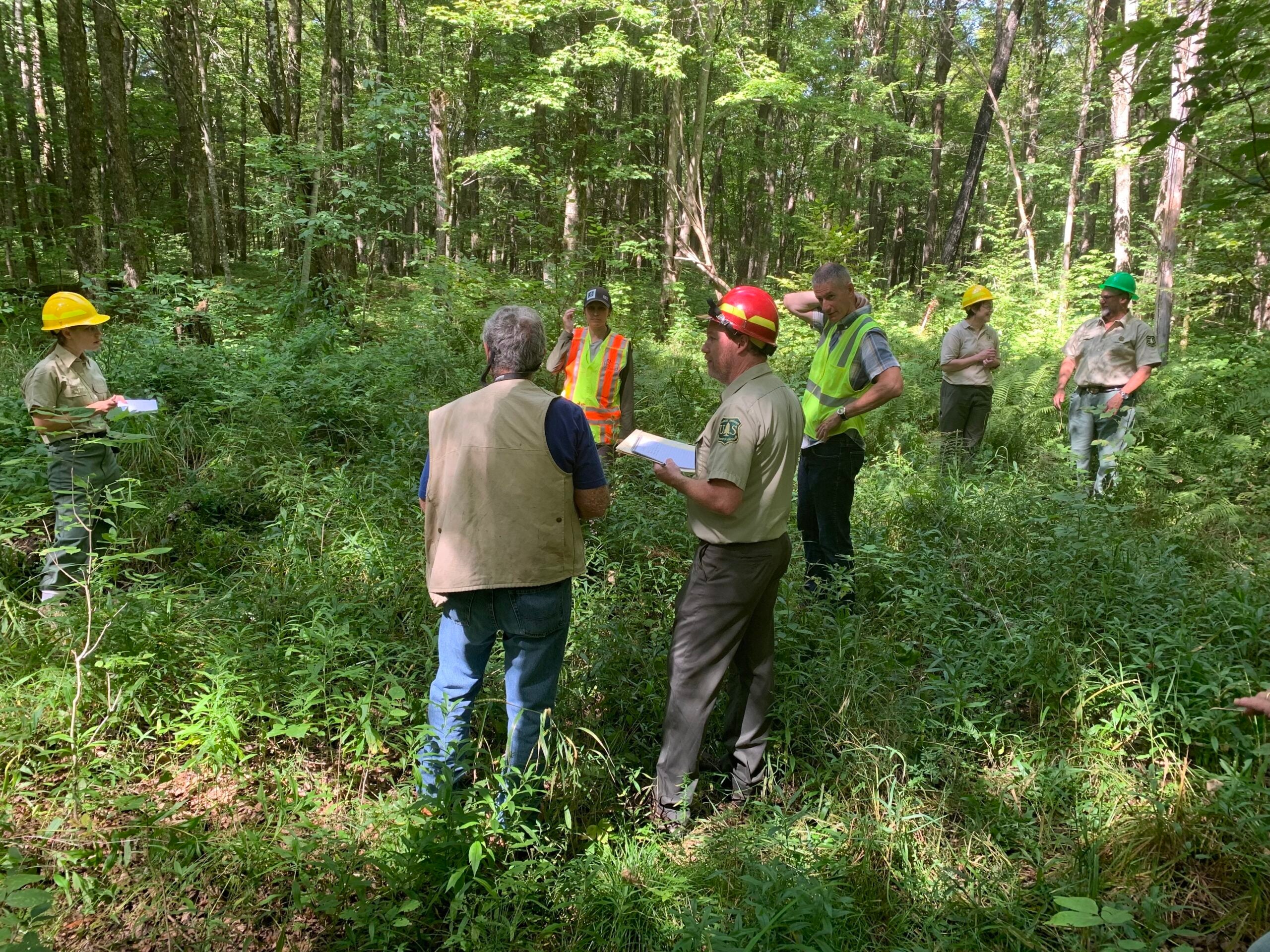Wisconsin’s 11 Native American tribes have voted to boycott a board that would oversee investment money from the proposed Gogebic Taconite open-pit iron ore mine.
The seven-member Mining Investment and Local Impact Fund Board has representatives from the mining area, including Iron, Forest and Bayfield counties. It does not have an Ashland County resident, though one member works in Ashland County.
The Great Lakes Inter-Tribal Council was tasked with appointing a representative for native tribes, but this week, council director Mike Allen said they decided against doing so.
News with a little more humanity
WPR’s “Wisconsin Today” newsletter keeps you connected to the state you love without feeling overwhelmed. No paywall. No agenda. No corporate filter.
“There’d be no need for it,” said Allen. “They felt like they’d be like a token Indian with this thing.”
Allen said it was a consensus vote. He said that the council wants the U.S. Environmental Protection Agency and federal government involved, “and have them question this and have them put a stop to this and see what kind of damage this mine can do for not only the tribal people, but the state of Wisconsin.”
The Bad River Band of Lake Superior Ojibwe stands to take the brunt of impact from what would be the largest iron ore mine in North America. Tribal Chairman Mike Wiggins said that since they are downstream from the mine, tribal leaders must protect the air and water and the ability to hunt, fish and gather.
“Number one, they’re non-negotiable, and number two, they’re trust assets that even the U.S. government understands that we need in place in order to survive into the future,” said Wiggins.
Wiggins said this committee will not have manna from heaven, only bread crumbs: “These communities are sitting there being led down a slaughterhouse canal, and the state’s just watching, sitting idly by.”
He said that if job creation is the goal, then the region should pursue farming and food cooperatives.
A spokesperson from Gov. Scott Walker’s office said the seat will remain vacant and they’ll continue to work with the tribes.
Editor’s Note: The Department of Revenue, which oversees the committee, declined comment on this story.
Wisconsin Public Radio, © Copyright 2025, Board of Regents of the University of Wisconsin System and Wisconsin Educational Communications Board.






